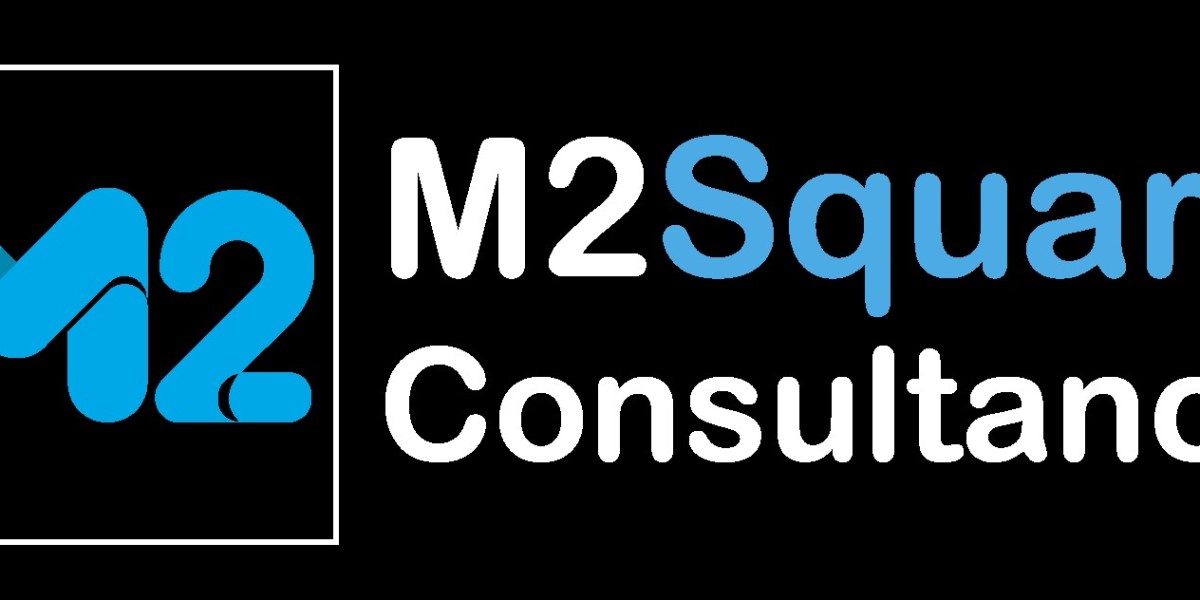In the digital era, handyman apps have become a lifeline for homeowners and service providers alike. They offer seamless booking, instant communication, service tracking, and secure payments. However, the success of these apps depends not only on their user interface but also on the robustness of the technology behind them. This is where cloud infrastructure comes into play.
Cloud infrastructure allows handyman apps to operate reliably, efficiently, and at scale. By leveraging cloud services, app developers ensure continuous availability, secure data management, real-time performance, and the ability to adapt to growing user demands. A professional handyman app development company relies on cloud architecture to provide these capabilities and deliver high-performing apps that users can trust.
This article explores the critical role of cloud infrastructure in enhancing the reliability of handyman apps, its benefits, and why it is an indispensable component of modern home service platforms.
Ensuring High Availability and Uptime
One of the most important factors for handyman app reliability is uninterrupted access. Users expect the app to function at all times for booking, tracking, and payments. Cloud infrastructure provides:
Redundant servers distributed across multiple data centers
Automatic failover systems in case of server failure
Load balancing to distribute traffic evenly
24/7 monitoring and proactive maintenance
These features ensure that the app remains accessible, even during peak usage periods or unexpected technical disruptions. A handyman app development company leverages cloud redundancy to minimize downtime and maintain a reliable service for clients and technicians.
Scalability to Handle Growing User Base
As a handyman app grows, the number of users, service requests, and data transactions increases. Traditional server setups can struggle with high traffic, leading to slow performance or crashes. Cloud infrastructure offers:
Elastic resources that scale automatically based on demand
Support for simultaneous users without performance loss
Cost-effective scalability without investing in physical servers
This scalability allows handyman apps to accommodate growing markets, seasonal surges, or sudden spikes in service requests without compromising reliability.
Real-Time Data Management and Updates
Handyman apps rely on real-time data for service tracking, technician location, appointment management, and client notifications. Cloud infrastructure enables:
Instant synchronization of data across multiple devices
Real-time updates for clients and technicians
Centralized data storage accessible from anywhere
Seamless integration with analytics and reporting tools
With cloud-based data management, service providers can respond promptly to client requests, optimize scheduling, and monitor performance metrics, ensuring efficient operations and satisfied users.
Enhanced Security and Data Protection
Cloud infrastructure offers advanced security features that safeguard sensitive data. Handyman apps handle personal client information, payment details, and service histories, which require robust protection. Cloud security features include:
Encrypted data storage and transmission
Role-based access control
Regular security audits and compliance monitoring
Backup and disaster recovery systems
A handyman app development company ensures that these security measures are integrated into the app, protecting both clients and technicians while maintaining trust and reliability.
Simplifying Maintenance and Updates
Maintaining and updating a handyman app can be complex, especially when managing multiple servers or user devices. Cloud infrastructure streamlines these processes by:
Allowing centralized updates without disrupting service
Reducing the need for on-premise hardware management
Providing automated monitoring and performance alerts
Facilitating quick deployment of new features or bug fixes
This ensures that users always have access to the latest version of the app with minimal downtime, enhancing overall reliability.
Supporting Multi-Platform Access
Modern handyman apps often support multiple platforms, including Android, iOS, and web portals. Cloud infrastructure enables seamless access across devices by:
Synchronizing data in real time
Maintaining consistent app performance on all platforms
Ensuring updates and new features are reflected simultaneously
Providing a centralized backend for cross-platform operations
Clients and technicians can switch between devices without losing information or encountering inconsistencies, improving usability and trust.
Cost-Effective Resource Management
Building and maintaining physical servers for app operations can be expensive. Cloud infrastructure allows handyman app developers to:
Pay for resources based on actual usage
Avoid upfront investment in hardware
Easily scale resources up or down as needed
Focus on app development and user experience rather than infrastructure management
A handyman app development company can deliver high-quality, reliable apps while optimizing operational costs, making cloud solutions both effective and efficient.
Enabling Advanced Features
Cloud infrastructure supports advanced functionalities that enhance app reliability and user experience, such as:
AI-powered service recommendations
Predictive maintenance alerts for clients
Integration with IoT devices and AR-assisted tools
Data analytics for business insights
These features rely on cloud computing power and storage to function effectively. Without a robust cloud backend, complex operations may be slow or prone to errors, undermining app reliability.
Disaster Recovery and Business Continuity
Cloud infrastructure includes built-in disaster recovery solutions. Handyman apps store critical client and service data that must be protected against data loss. Cloud features such as:
Automated backups
Geographically distributed storage
Quick recovery mechanisms in case of system failure
ensure business continuity. Even in the event of server crashes or technical failures, the app remains functional, and critical data is preserved.
Enhancing Collaboration Between Clients and Technicians
Reliable handyman apps require smooth communication between clients, technicians, and service managers. Cloud infrastructure allows:
Real-time messaging and notifications
Access to service history and client preferences
Scheduling updates and confirmations
Centralized monitoring of ongoing tasks
By leveraging cloud-based collaboration, service providers can maintain high standards, ensure accountability, and deliver dependable service to clients.
Future-Proofing Handyman Apps
Cloud infrastructure offers flexibility and adaptability for future technologies. As handyman apps evolve, they may integrate:
IoT-enabled home devices
AR-guided repair services
Machine learning for predictive maintenance
Global multi-region access
A robust cloud backend ensures that these features can be added without major structural changes, allowing the app to stay competitive and reliable as technology advances.
FAQs
Why is cloud infrastructure important for handyman apps?
It ensures high availability, real-time data management, scalability, security, and supports advanced features, making the app reliable and efficient.
How does cloud infrastructure improve user experience?
It allows seamless multi-platform access, instant updates, smooth communication, and uninterrupted service, enhancing convenience for clients and technicians.
What role does a handyman app development company play in cloud integration?
They design and implement cloud architecture, ensuring security, scalability, real-time performance, and support for advanced app functionalities.
Can cloud infrastructure reduce app downtime?
Yes, features like load balancing, redundancy, and automated monitoring minimize downtime and ensure continuous availability.
Conclusion
Cloud infrastructure plays a pivotal role in the reliability and success of handyman apps. It provides high availability, real-time data management, scalable resources, robust security, seamless multi-platform access, and disaster recovery capabilities. By leveraging cloud technology, a handyman app development company can deliver apps that perform consistently, handle growing user demands, and support advanced features like AR, IoT integration, and predictive analytics. For modern home service businesses, investing in cloud infrastructure is essential to ensure dependable operations, satisfied clients, and sustainable growth in a competitive market.








